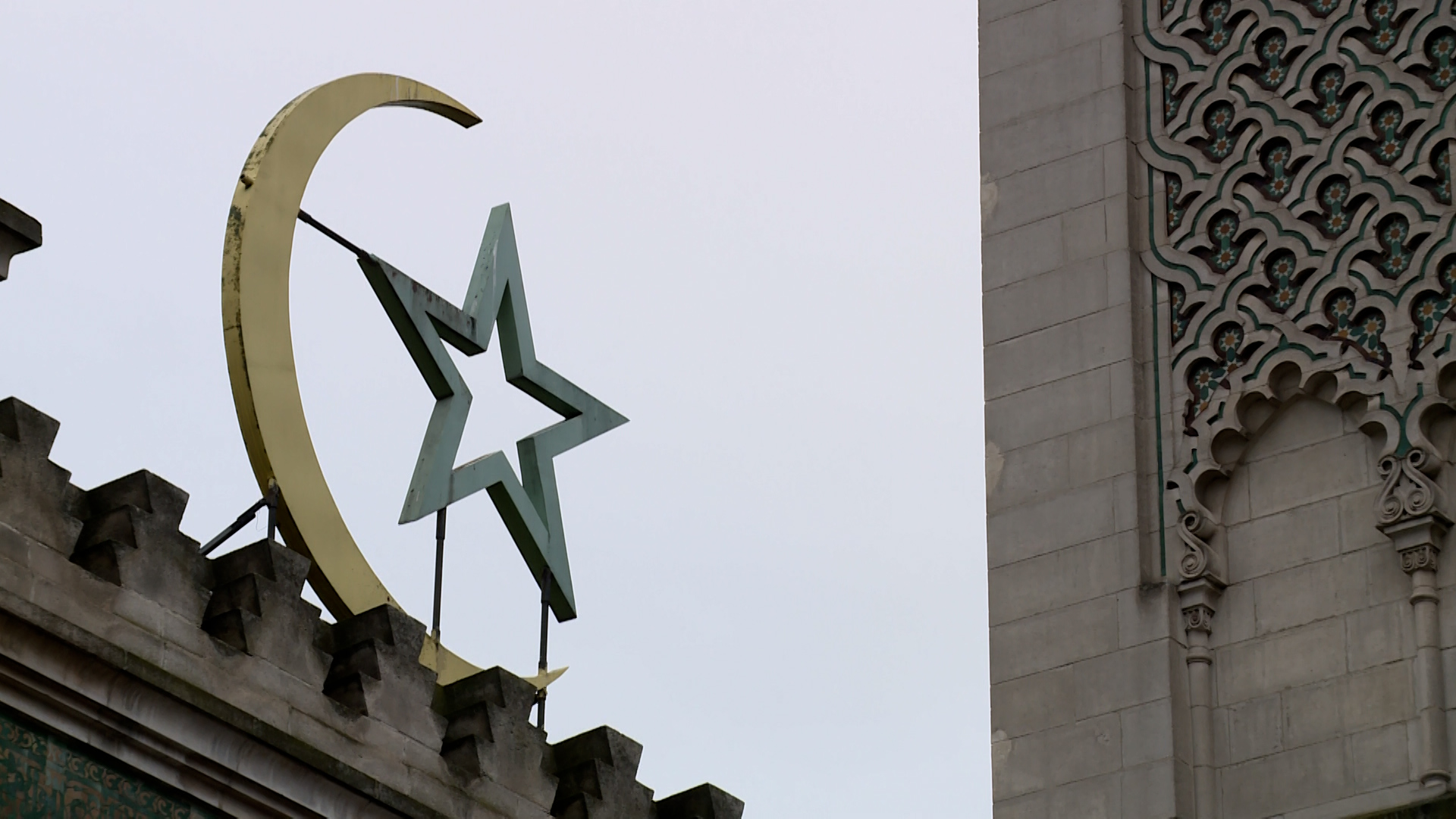03:08

Ministers in France have formally unveiled proposed legislation to combat separatism - especially radical Islamism - which President Macron blamed for fatal attacks in France in October.
The new bill is designed to "consolidate the principles of the Republic".
The legislation is being seen as an attempt to target what Emmanuel Macron calls "the Islamist hydra" and its attempts to constitute a "counter-society".
The proposed law will target forced marriages, polygamy and clamp down on home-schooling.
The bill includes some fifty articles, including allowing greater control over the funding of places of worship and a broadened battle against online hatred.
Some Islamic leaders fear it unfairly targets law-abiding Muslims.
"Islam sells, it's the daily obsession of some politicians, some elected officials, and some media - we're their main business," says Najat Benali, the secretary-general of co-ordination of Muslim associations in Paris and rector of a mosque.
The new legislation was unveiled 115 years to the day since the 1905 law separating Church and State was passed.
"Politicians must not get involved in matters of religion," said the Grand Imam of Bordeaux, Tareq Oubrou.
"We talk about Islamism and radicalism which is not very well defined.
"Where is the border between Islam and Islamism? Between piety and extremism?
"We must look deeply into theology to set out what is normal Muslim behavior and what is deviant behavior.”
The beheading of Samuel Paty, a 47-year old teacher, in France in October after he showed pupils cartoons of the Prophet Mohammed provoked outrage across the world.
Speaking at the teacher's memorial a week after the attack, President Macron vowed never to give up freedom, including the right to draw cartoons.
Those comments sparked demonstrations across the Muslim world.
Thousands joined marches in Bangladesh and effigies of the French leader were burnt in Pakistan as people demanded a boycott of French products.
France has been hit by several terrorism incidents this year, including the killing of three people who were stabbed in a cathedral in Nice at the end of October.
The president has described the incidents as "radical Islamist attacks".
The memories of recent and previous attacks in France are still strong.
Last month, the French prime minister and mayor of Paris marked five years since 130 people were killed in the November 2015 attacks.
A verdict is expected next week in the trial of suspects in the January 2015 attacks on the Charlie Hebdo newspaper and a Jewish supermarket.
The trial is also ongoing in the case of a Moroccan man and three alleged accomplices who are accused of an attempted terror attack on a Paris-Amsterdam train five years ago that was foiled by passengers.

